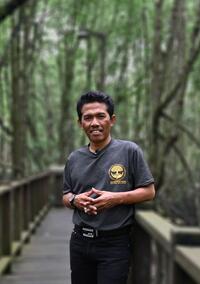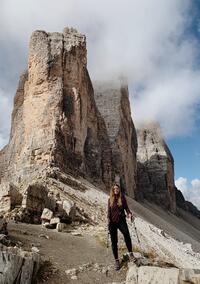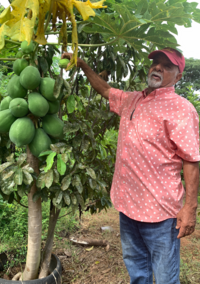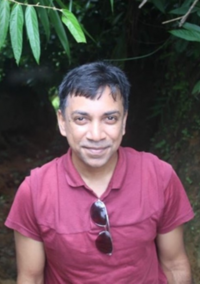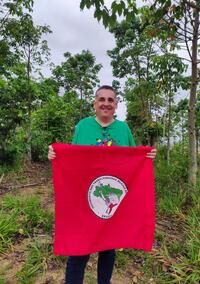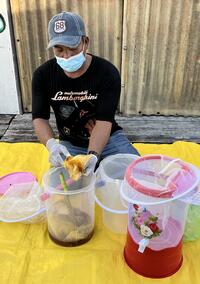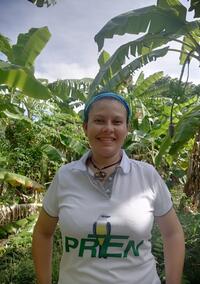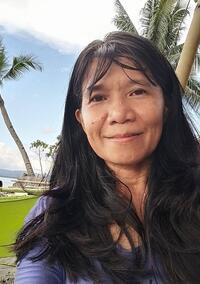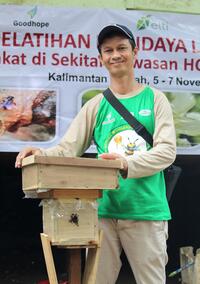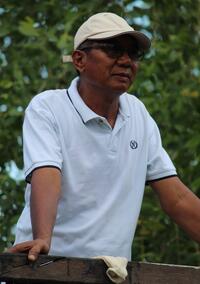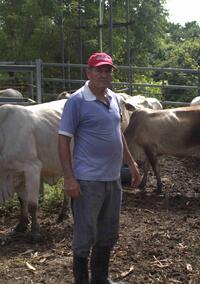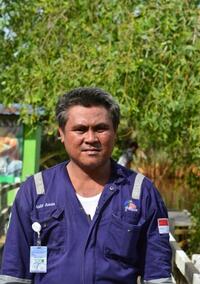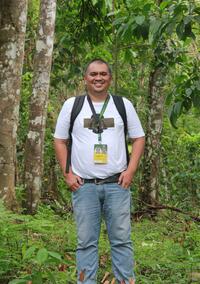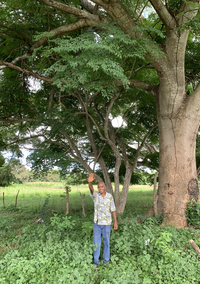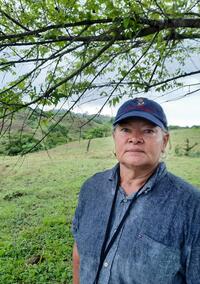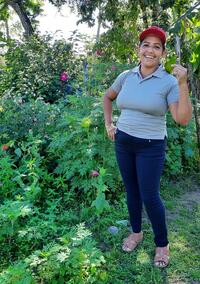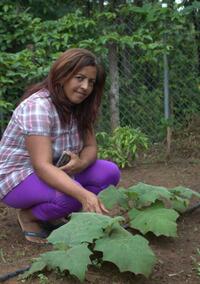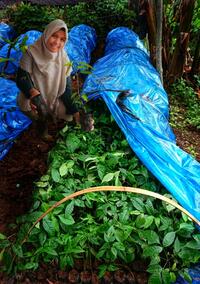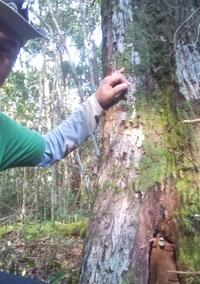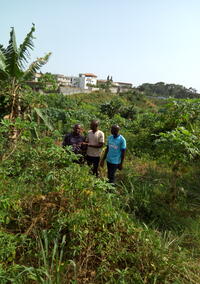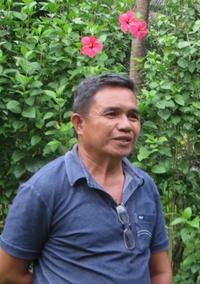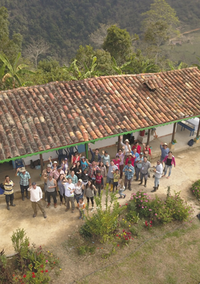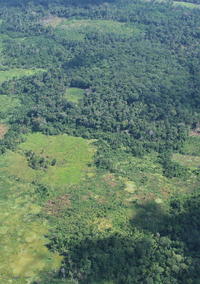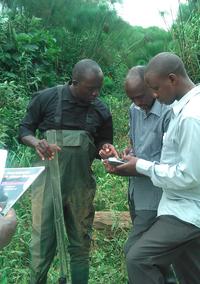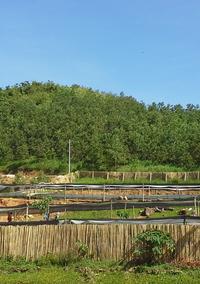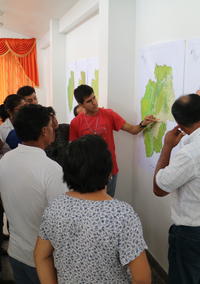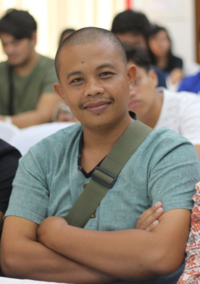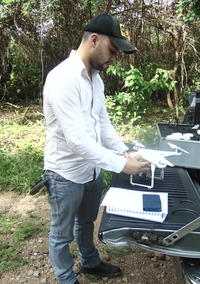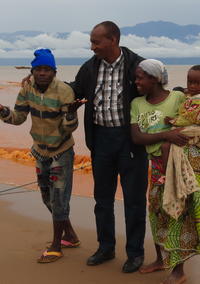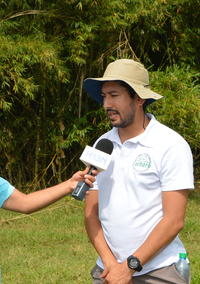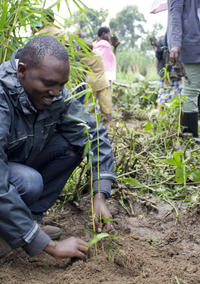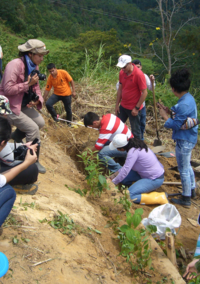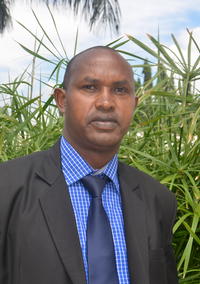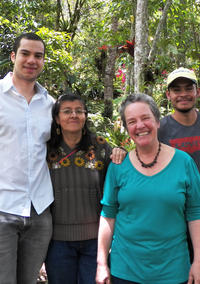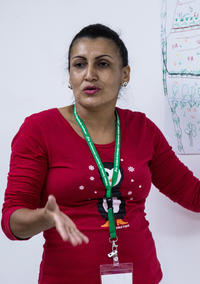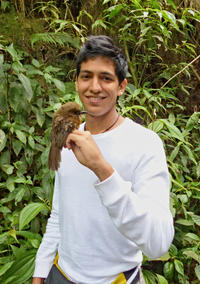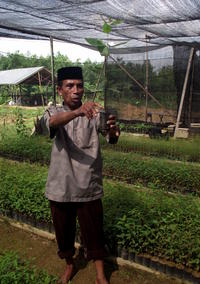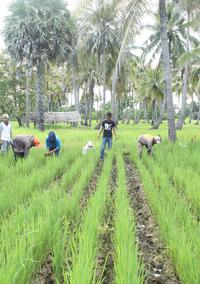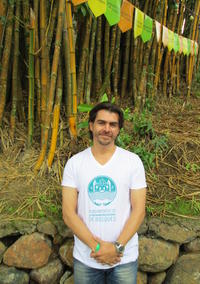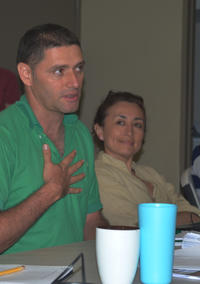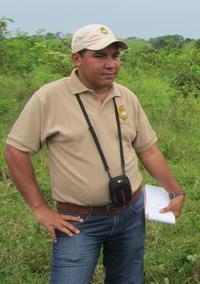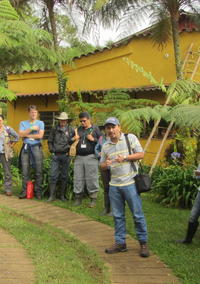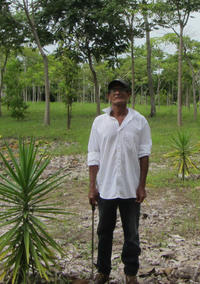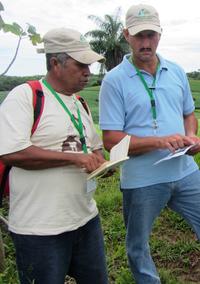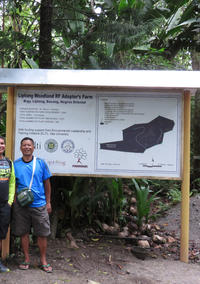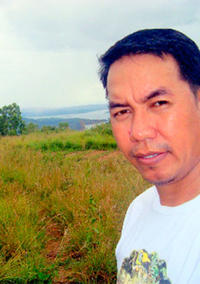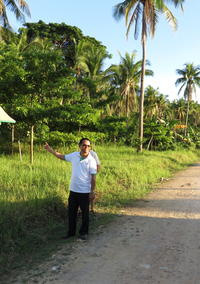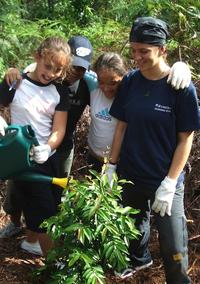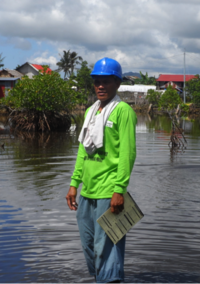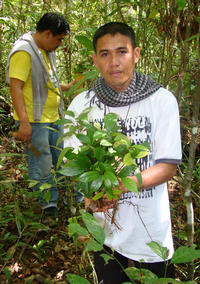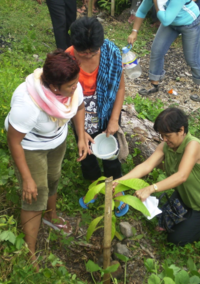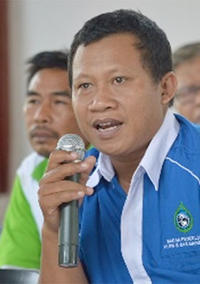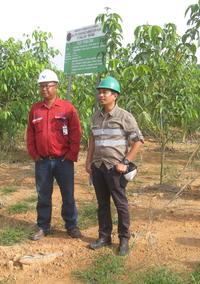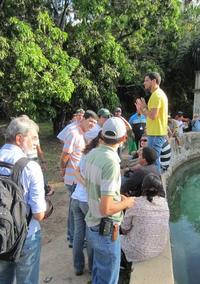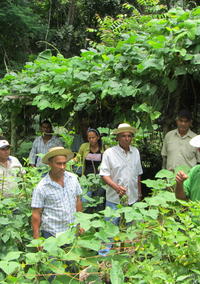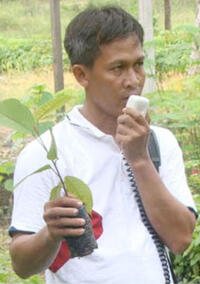You are here
Leading Local Stakeholders toward Landslide Prevention in the Colombian Andes
In Tona, a small municipality in Santander, Colombia, severe erosion and unstable slopes frequently cause landslides. In addition to the threat they pose to lives and property, landslides also block roads, reducing access to schools, medical care, and markets to sell agricultural goods. Typical landslide prevention techniques include engineering of expensive structures to anchor loose soils and stabilize slopes. A low-cost alternative is to ecologically restore vegetation to the slopes to counteract their erosion, an approach referred to as bioengineering.
Melisa Ayala, researcher at the Colombian NGO Fundación Iguaque, first took the ELTI online course “Tropical Forest Restoration in Human-Modified Landscapes of Latin America” in 2015. “The course provided me with the tools to understand the diversity of strategies for ecological restoration and to learn about experiences from around the world,” said Melisa. “In particular, I was struck by a presentation on restoration of eroded areas in Colombia and Mexico using bioengineering for slope stabilization.”
With the support of ELTI’s leadership program and a team of volunteers, Melisa and the Director of Fundación Iguaque Mauricio Torres organized a training event on ecological restoration for landslide prevention. They invited experts from the Center for Research on Sustainable Agricultural Production Systems (CIPAV), a Colombian NGO whose work was originally featured in the ELTI online course, to serve as the lead instructors.
The February 2017 event began with a one-day workshop in Bucamaranga, Colombia held for 120 participants. Then, they brought 60 participants on day trips to the Tona municipality to visit demonstration sites showcasing landslide vulnerability and damage. CIPAV’s experts used hands-on exercises to teach participants how to implement slope stabilization techniques with diverse native species.
Applications to attend the training far surpassed expectations requiring them to expand the size of the workshop and hold two separate site visits. “We were so surprised and impressed by the interest in the training from not only the Tona municipality, but also other municipalities from Santander and even other states of Colombia,” Melisa explained.
Melisa and her colleagues were also inspired by the diversity of participants, including farmers, technicians, biologists, geologists, professors, civil and environmental engineers, local environmental authorities, and employees of governmental institutions and NGOs.
One of the most exciting outcomes of the event was the process of mutual discovery that was evident in both engineers and biologists. People in these disciplines rarely interact, but the fields are complimentary for designing better solutions to the regional issue of landslides.
Melisa Ayala
Since the event, CIPAV has been working with Fundación Iguaque to provide recommendations for the design of a pilot project in Tona where Fundación Iguaque hopes to demonstrate their restoration approach and inspire adoption among other regional stakeholders.
This event also built momentum for restoration in the region, where civil engineers, geologists, farmers and landowners are working together to plan for the future of landslide prone areas in Santander. Melisa and her team are excited to continue facilitating exchange between these stakeholders and to lead more outreach activities on landslide prevention in the region.
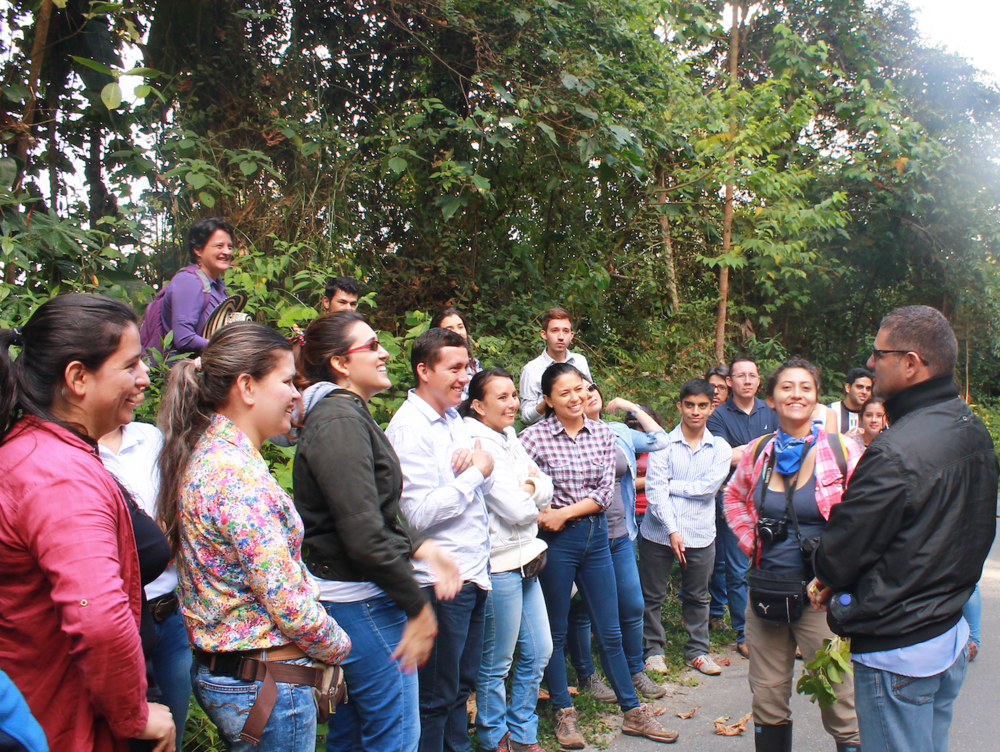
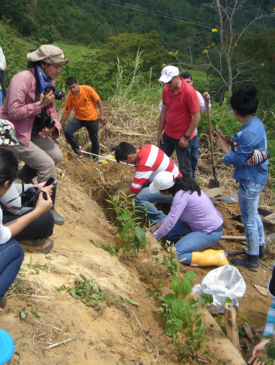
Acknowledgements
Melisa would like to thank ELTI for believing in this idea, Gillian Bloomfield for her support of the process, Zoraida Calle and Mauricio Carvajal from CIPAV for sharing their knowledge and making this project happen, the students who helped organize the event, all the event attendees, and the Universidad Industrial de Santander for providing a hospitable space for the symposium.






